by next100years | Apr 3, 2020
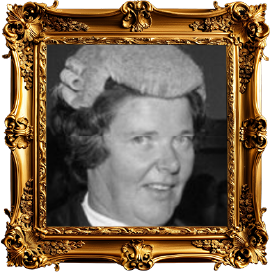
On the 6th October 1980, Mella was appointed the first female judge in the High Court of Ireland, and sat on the bench for 25 years, becoming one of the longest serving High Court judges in Ireland.
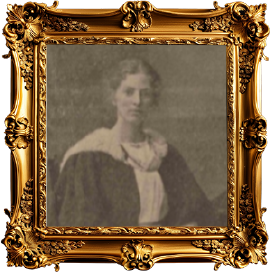
Mary became the first female solicitor in Northern Ireland, when she was admitted in 1923 after coming second in the Final Examination.
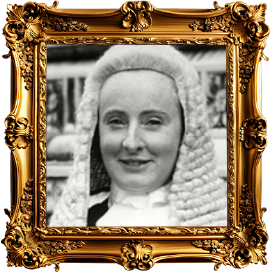
In 1974, Barbara, later known as Lady Lowry, was the first woman to be a Head of Chambers when she founded 4 Brick Court. Eight years later she broke another glass ceiling as the first woman to become a Bencher at Middle Temple in 1982.
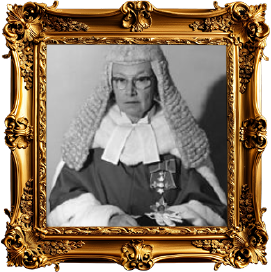
Elizabeth was an English barrister and judge. She was the first woman appointed as a judge in the County Court and later the first female High Court judge in England. Called to the bar at the Inner Temple in 1940, she joined the Midland Circuit and was appointed King’s Counsel in 1950. She became a bencher of the Inner Temple in 1966.
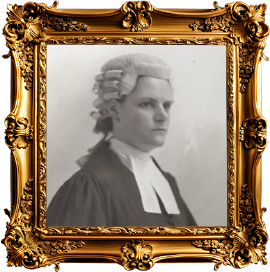
On the 13th June 1923, Edith earned the distinction of being the first woman called to the Bar by Gray’s Inn.
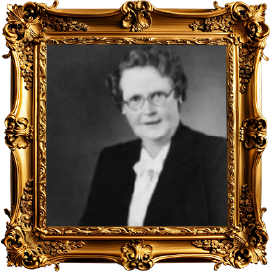
Sybil Campbell was the first woman to be appointed to the professional judiciary full-time in Britain, when she became a stipendiary magistrate at Tower Bridge Magistrate’s Court in 1945. She remained the only full-time female professional magistrate or judge in England until she retired in 1961.
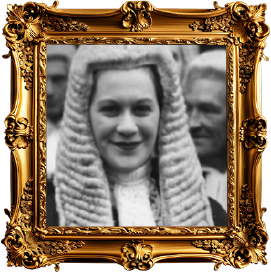
Rose was a barrister in the post-war period. She was the first woman to win a scholarship to Gray’s Inn, one of the first two women to be appointed King’s Counsel in England, the first woman Recorder, the first female judge to sit at the Old Bailey, and the second woman to be appointed a High Court Judge after Elizabeth Lane.
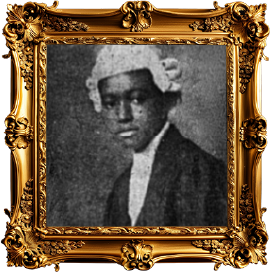
Stella became the first West African woman to be called to the Bar by Middle Temple on 19th May 1933. Stella graduated from Oxford University with a law degree and also became the first female Magistrate in Nigeria.
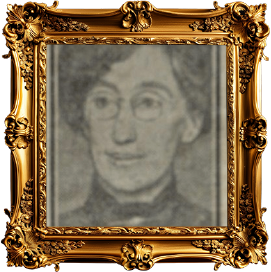
Immediately after the passing of the 1919 Act, Mary became articled to her husband, whom she had been assisting for at least ten years. In a newspaper interview she stated that for some time had been fascinated by the Law and was “convinced that there is a field open to women solicitors to do certain types of work”. Mary was already a mother when she qualified as a solicitor. Thus, while studying for her examinations and presumably carrying out voluntary work, she ran a home, assisted her husband in his practice and cared for two young children.
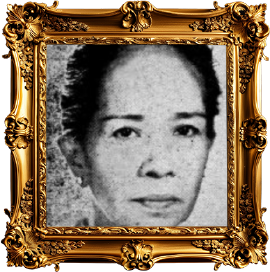
Daw was the first Burmese woman to become a barrister in 1926. She was called to the Bar by Lincoln’s Inn in 1925.
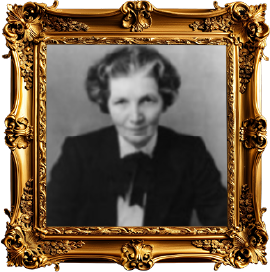
Margaret was the first female member of the Faculty of Advocates and remained the only female advocate in Scotland for over 25 years. She was also the first female advocate to appear before the House of Lords and the first woman appointed King’s Counsel in the UK in December 1948.
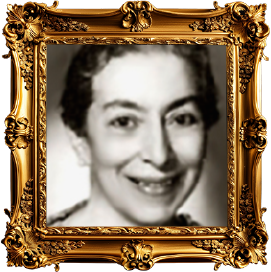
In 1923, Mithan became the first woman called to the Bar by Lincoln’s Inn and the first practising Indian woman barrister.
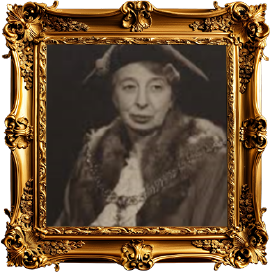
Agnes was the first Welsh woman to qualify as a solicitor in 1923. She came first out of all the men and women in the Law Society Finals Class of 1923.
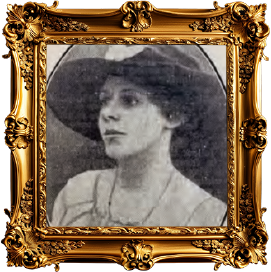
Maud, involved in the 1913 Court of Appeal Bebb vs. Law Society case, was a prominent suffragette. She went into practice with her father and brother, her clientele including influential members of the women’s suffrage movement. She later became the solicitor for the National Council for the Unmarried Mother and her Child, and wrote ‘Women under English Law’ in 1925.
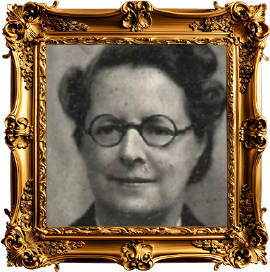
Mary became the second female solicitor and went on to be a Justice of the Peace and Secretary of Huddersfield Law Society.
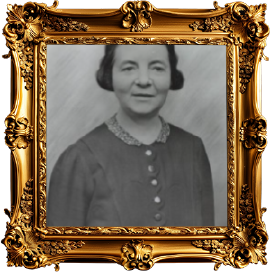
On 18th December, Carrie became the first woman to be admitted as a solicitor in England. For women who did not have fathers or husbands who were lawyers it was often financially impossible for them to get articles.
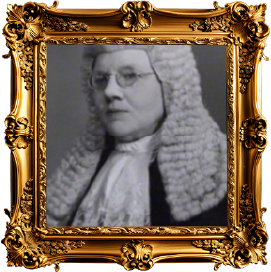
Helena was the first female barrister in the United Kingdom. In November 1922, she was the second woman to be called to the Bar of England and Wales. In 1924 she was also the first female counsel in a case at the Old Bailey. She went on to become the first woman to obtain a divorce for her client, the first woman to lead the prosecution in a murder trial, and the first woman to conduct a trial in America.
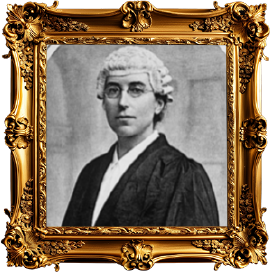
Ivy was the first woman to be called to the English bar in 1922, although she never practised, instead becoming the first woman to teach law at a British university. Although she studied law at Oxford in 1903, she was prevented from receiving her BA, MA and BCL until 1920. She was called to the bar at the Inner Temple, having received a certificate of honour (first class) in her final bar exam.
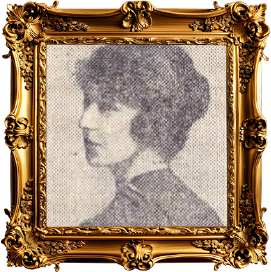
Madge was the first woman admitted to practise as a professional lawyer in the UK, after qualifying as a solicitor in Scotland in 1920.
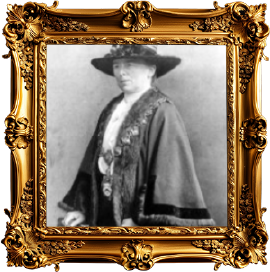
Ada Jane Summers became the first British woman to sit as a magistrate. She was also the first female councillor and mayor of Stalybridge.
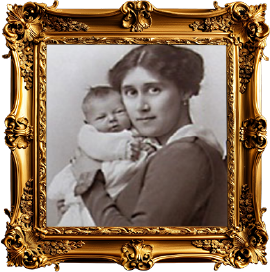
Gwyneth Bebb was a plaintiff in the famous Bebb v Law Society case of 1913, which was an attempt by Bebb and others to open the legal profession to women in Britain, claiming the Law Society should be compelled to admit them to its examinations, as women were ‘persons’ within the Solicitors Act 1843. Despite the failure of the case, the publicity around it in the press helped to propel the campaign to its eventual success.
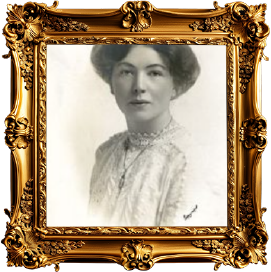
Christabel a British suffragette and the first woman to graduate from the Victoria University, Manchester (now the University of Manchester), and the only woman studying law throughout her degree 1903-6. She received first-class honours.
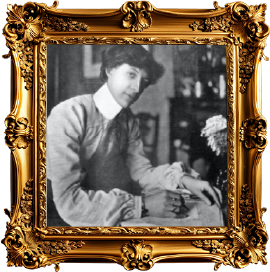
In March 1903, Bertha Cave applied to be admitted as a student to Gray’s Inn, for the purpose of being called to the Bar. This was the first time a woman had applied to an Inn with the express purpose of being called to the Bar. Although Bertha wasn’t admitted, two Benchers had moved in favour of admitting her, which is significant in itself.
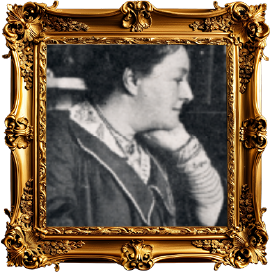
Reina received her LL.B (Bachelor of Laws) from the University of London in 1893. However, she could not qualify as a solicitor until after the 1919 Sex Disqualification (Removal) Act. She went on to become the first woman councillor in London.
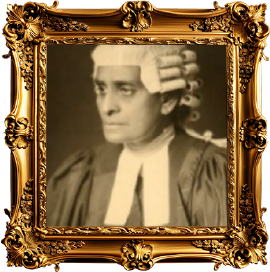
Cornelia was the first female graduate from Bombay University and was the first woman and the first Indian national to study the postgraduate BCL degree at Oxford University. However, she would not receive her degree until thirty years later with the passage of the Sex Disqualification (Removal) Act.
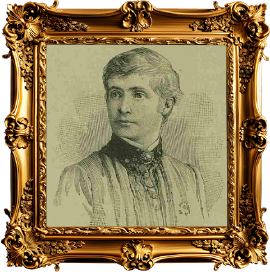
Letitia received her LLB from the Royal University of Ireland in Dublin. However, she was unable to secure a suitable position as a solicitor or join the bar, and turned to coaching other young women for their examinations to remedy the limited opportunities for women in schools.
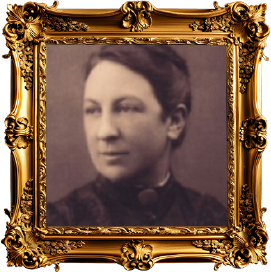
Eliza was the first woman in England to earn a law degree, in 1888 at University College London. She was 39 years old and already unofficially ‘practicing’ law out of an office in London’s Chancery Lane. She later worked on a public enquiry into women’s employment and an official review of women’s prison experiences.
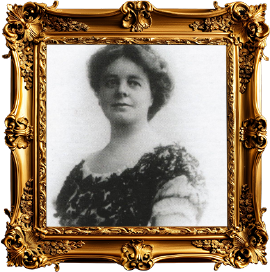
Mercy was one of the first women members of Lincoln’s Inn to be Called to the Bar. She was an active member of the Women’s University Settlement in London. The idea was to encourage University-educated women to settle in deprived areas so they could help women and children by increasing educational and recreational opportunities for them through evening classes, clubs and Saturday school.
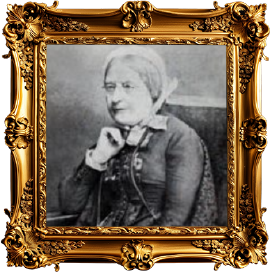
Maria was a British educationist and writer who promoted women’s education and was one of the founders of the organisation that became the Girls’ Day School Trust.
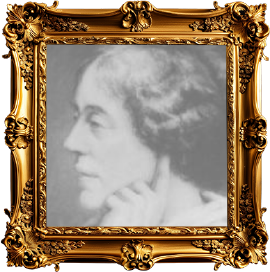
(1829 – 1903)
Get the latest updates on the Next 100 Years Project and join our journey.